THE ULTIMATE MEDIEVAL STORE
BEST SELLING PRODUCTS
NEVER MISS A DISCOUNT
Will be used in accordance with our Privacy Policy
Let us introduce our medieval store:
Here at Medieval Ware, we are proud to have carefully curated a continually-expanding selection of high-quality reproduction and live-action roleplay (LARP) gear, from both global suppliers and small-scale artisan producers, resulting in the finest collection of any online medieval store. We have ensured that our experts have selected a range which encompasses all needs: from bespoke combat-ready arms and armor made using heritage techniques, through dramatic display pieces, to resilient facsimile LARP and training equipment. The common thread which links all of our stock is an unwavering commitment to historical accuracy, and in the case of our magnificent fantasy pieces, total faithfulness to source material. We have worked with historical consultants and experienced researchers to weigh each of these pieces in their own right – and we are confident that this shines throughout our medieval store.
We at Medieval Ware have scoured the globe to construct a truly international panoply from the finest manufacturers to stock our shelves in service to the LARP, historical re-enactment and stage communities. We think of ourselves as a whole medieval market at your fingertips – except we’ve gone to the trouble of weeding out the pickpockets, the spivs and the snake-oil salesmen, leaving you with only the best selection of high-quality items from our carefully-vetted suppliers. Read about our suppliers below.
Darksword Armory
Master smiths Darksword Armory are the crème de la crème of contemporary sword-makers. Founded in 1996 by Eyal Azerad, Darksword have attained a near-mythic status with the consistently excellent swords, armor and accessories which are forged and created at their small-scale workshop in St. Laurent, Quebec. Their artisanal manufacturing process is second-to-none, mirroring that of a historical medieval sword store with minimal differences. They augment traditional hand-forging with modern machine tooling and advanced tempering techniques so that the whole live-action roleplay and re-enactment communities can have access to equipment that bears the unmistakeable mark of a master craftsman, without the enormously costly labour-intensive pricetag.
Their designs are frequently based upon actual surviving medieval artifacts, such as Edward The Black Prince’s Sword – which they had the opportunity to examine in person at the British Royal Armouries in 2016 – so their reproductions are some of the finest available in any medieval weapons store. You don’t have to take our words for it, though – Darksword have outfitted the stars with arms and armor, appearing in Mortal Instruments: City of Bones (2013), and producing historically-accurate weaponry for the video game Assassin’s Creed II. We secretly squeal when we see their latest stock, but please don’t tell them.
Mytholon
Germany has been home to the finest armorers and smiths for centuries. The Romans stole much of the best elements of their martial culture from the Franks and Germans who lived beyond the Italian peninsula, early-medieval smiths in the Upper Rhine produced the legendary Ulfberht swords, and the German ‘Gothic’ style of armor was the pinnacle of plate armor design in the 15th-century CE. Mytholon stand in this proud heritage – based in Barsbüttel, Schleswig-Holstein, they are the last word in the stock of any medieval store.
Whilst their whole range is of the highest quality (it is almost exclusively hand-made!), we at Medieval Ware have picked the best-of-the-best. We are particularly impressed by the quality of their reproduction chainmail, which combines authentic design and constructions with exactly the right degree of modernised features to result in perfectly-pitched wearable armor for roleplay, re-enactment and stage. As well, their historical shoes have completely floored us – we don’t think there are many places that you can purchase a historically-accurate turnshoe off the shelf, outside of an actual 13th-century medieval clothing store!
Fucina del Drago
The fine leather goods in our medieval armor store is made by leathermakers Fucina del Drago (whose name means ‘Forge of the Dragon’). Fine leather is an age-old tradition in Italy, with the Florentine Leather Market dating all the way back to the 13th-century. Fucina del Drago’s artisans hand-make all of their leather armor and accessories from select Italian leathers, resulting in resilient, period-authentic equipment that will grace any re-enactment or outfit.
Their designs are a regular on big-budget TV series like the internationally-acclaimed Medici (starring Game of Thrones’ Richard Madden a.k.a. Robb Stark), as well as the Sky Italy smash Romulus and the RAI show Leonardo, which is set to transfer to Anglophone screens in March 2021.
Epic Armoury
Back in 2008, a brace of Danes in the LARP store world were increasingly frustrated by the lack of consistently high-quality equipment suitable for use in low-impact fantasy roleplay – and so they set out to do something about it. Epic Armoury has rapidly grown to become one of the biggest names in the LARP hobbyist world, known for their flair for design and unwavering commitment to what LARPers want and need. They have an in-house design studio staffed by a team of talented artists who moonlight as roleplayers, and so their products are loving created for the community that they themselves are part of.
Epic Armoury prove that the phrase ‘jack of all trades, master of none’ doesn’t have to always apply. We at Medieval Ware have curated our favourite products from the dizzying range that they have available – we have been particularly impressed by their fantasy clothing, which brings a flamboyant and whimsical air to our medieval clothes store. Their armor is also magnificent; for roleplayers who can stray somewhat from the historical record, they have some absolutely stunning modular armor sets that can elevate your outfit from the mundane to the magical. We cannot speak highly enough of them – if you haven’t yet purchased any Epic Armoury products, our medieval store is the place to start. You won’t regret it.
House of Warfare
House of Warfare are a meticulous supplier of hand-made weaponry, armor and clothing based in New Delhi, India, and they are a hidden gem within the re-enactment and stage combat equipment world.
Their designs are some of the most authentic and accurate that we have seen – their plate armor reproductions have absolutely blown us away. The beauty of their equipment is that it is not over-designed: it retains the careful attention-to-detail and high-quality finish that medieval people would have required from clothing and equipment that was going to last, without flights of fancy or speculative experimentation. We honestly believe that the items we have picked from House of Warfare range represent perhaps most faithfully the real-world items that the vast majority of medieval people would have used and been surrounded by in their everyday lives.
Modern live-action roleplay is really nothing less than than the intertwining of human impulses that have been with us since our ancestors first raised the earliest civilisations. The impulse to play is a universal constant amongst children, who often instinctively design their own impromptu games, filtered through culturally relevant lenses: for children in the West today it might be ‘cops and robbers’; for Ancient Egyptian kids it may have been ‘Copts and Berbers’. Historical re-enactment has also clearly been an ever-present means of understanding peoples’ own place in the world, creating and replaying legend through ritualised combat. The earliest we have properly recorded are those which took place in the Coliseum in Rome – these even included counter-historical mythmaking, where Gallic captured tribesmen were defeated by Roman legionaries to rewrite the disaster at Teutoberg Forest. Although these likely had a higher body count than, say, your average Sunday afternoon meet-up in the park.
The Genesis of Modern Live-Action Roleplay
Modern roleplaying dates from the early 1970s. It represented the fusion of numerous currents which were swirling around in the counter-cultural sphere. Improvisational comedy had emerged in the 1950s (which itself had deep roots in the late-medieval comedia dell’arte). Historical re-enactment has its own storied and deep history, encompassing Charles II’s re-enactment of the Siege of Maastricht in 1674, the Romanticised Eglinton Tournament of 1839 which saw chivalric knights compete in jousts for huge crowds, and the hotly contested legacy of the American Civil War as re-enacted by groups in the North and the South. Groups like the Society for Creative Anachronism, founded in Berkeley, CA in 1966, began adding fantasy elements taken from the burgeoning psychedelic movement. The rediscovery of JRR Tolkien’s The Hobbit and The Lord of the Rings, along with the turn-of-the-century science-fiction movement had given a new lease of life to ageing fantasy-fiction magazines like Weird Tales, and the late 1960s saw the entrance of fantasy literature into the mainstream with titles such as Ursula K. LeGuin’s Earthsea cycle. Formal roleplaying games like Gary Gygax’s Dungeons and Dragons, the first edition of which was published in 1974, or David Wesely’s Napoleonic roleplaying experiment Braunstein, were as much a child of these influences as it was midwife, often providing a focus for those who wanted to expand the horizons of their roleplaying into physical representations beyond the tabletop.
LARP Comes of Age
There was likely no ‘mother’ LARP organisation or event that seeded all others. Rather, it emerged in a number of different contexts more or less organically, feeding off one another and evolving as it became more and more well-known and popular. Tolkienist Brian Weise was an early outrider in the LARP scene, founding the 1977 Hobbit War (this event has become synonymous with the ‘boffer’ stereotype: running around in the woods and whacking one another with padded swords). Weise went on to found Dagohir, a battle-focused LARP game which is perhaps more akin to an improvised martial art, except with less meditation and more enormously fun padded swords.
Other forms of LARP were less concerned with smacking one another with gaffer-tape swords (more fool them), but focused on LARP as an artform capable of telling complex and engaging stories. The Harvard Society for Interactive Literature was formed in 1982, and as is clear from its name it was more interested in the interpersonal elements of LARP: politics and assassination, secrets and intrigue. These games often imported rules and structure, often inspired by tabletop RPGs – Vampire: The Masquerade has proven enduringly popular amongst LARP groups seeking more structure since its publication in 1991, due to its stripped-down mechanics. Elements of film noir and radical Brechtian conceptions of self have been imported into LARP by proponents of the mind-bending Nordic LARP style – proving that roleplay doesn’t necessarily have to be ‘fun’ to be meaningful.
Since the Millennium, LARP culture has grown exponentially, becoming significantly more diverse and mainstream. Nearly every city and college in the country has an active LARP scene. New perspectives have emerged and are being explored, like Afro-Futurism, Black historical fantasy and LGBT+ history. LARP’s future is bright: people have always, and will always, seek to understand themselves, their times and their past through play.
In those heady days of the 1970s (Hobbit War and all), LARPers would often create their own rudimentary weapon by wrapping a couch cushion around a stick and wrapping it in gaffer tape. Even until the 21st-century, it was often difficult to acquire high-quality off-the-shelf LARP costumes and equipment, with production only on a small scale and the concept of an ‘online LARP store’ in its infancy. Fortunately, times have changed somewhat! Nowadays, an enormous profusion of manufacturers and supplies have sprung up to equip the growing ranks of enthusiastic LARPers and re-enactors with genuine reproduction medieval armor, authentic historical clothing and magnificent weaponry. Whilst this is fantastic, in that the choice between medieval stores is greater than it ever has been, it is also a tricky market to navigate for the best prices and the best quality gear.
That’s where Medieval Ware comes in. We have done the legwork for you and curated the best manufacturers from around the world in order to provide you with the very best equipment for your medieval-themed LARP or re-enactment. We are your one-stop LARP store. Check back with us regularly for the latest additions to our carefully-researched line-up, as well as the latest offers and fascinating historical blogs to inform and expand the scope of your characters.
Frequently Asked Questions
Medieval Ware is an online medieval store, where you can buy medieval swords, daggers, medieval clothes, armours, jewels and various collectibles from the Middle Ages, both for collection and for LARPing.
We are not manufacturers ourselves: instead, we partner with some of the best manufacturers of medieval items in the whole industry. In our marketplace, you are able to shop for the best brands all in one place, using our advanced filters, in order to really taylor the search to your needs and find what you truly need.
Furthermore, Medieval Ware optimises the shpping costs depending on your location and cart, so you get the optimal shipping deal for you.
Medieval Ware is operated by Medieval Ltd., based in Fitzrovia, central London (United Kingdom). However, although we are based in the UK, we ship from North America: we partner with three hubs, two in Canada and one in Indiana, and we will send your products directly from there. In a nutshell, our partners get the delivery done, while we handle the payments and the customer service, making sure you are 100% satisfied with your order.
If you want to know more about us, you can read it here.
As we said in the previous answer, we ship directly from Canada and the US and we do so to offer the best prices to our customers, however, in some cases local authorities may charge customs fees or import taxes accordingly to the USMCA trade agreement depending on the delivery address and the hub we ship from. Regarding conversions, you will pay directly in your preferred currency (USD or CAD) and there will be no conversion fee applied to your order at all. If you have any questions, don’t hesitate to contact us.
No. We purchased this domain but we are not related in any way to the old owners of this website, that ceased their business a long time ago.
You are able to pay with debit or credit card or PayPal, as you prefer. We do offer refunds, you can find our policy here.
We will be happy to help and answer to any extra question. Just contact us here.
We are an online company, therefore we do not have a physical store. But by all means, you are welcome to meet us in our office in London!

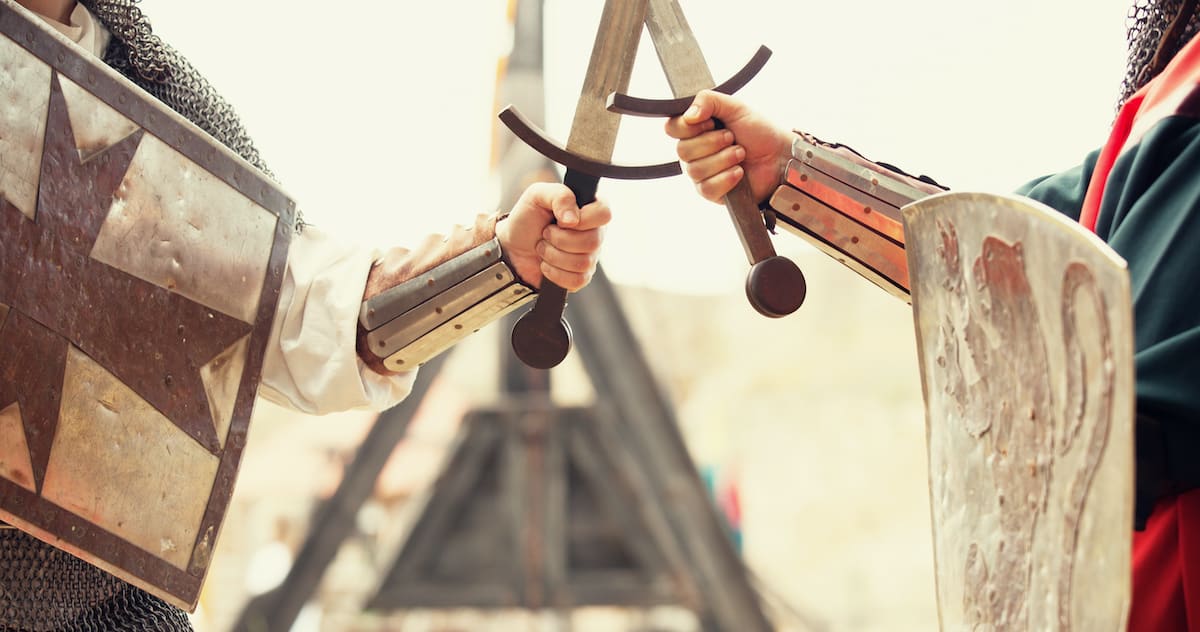 Historical Swords
Historical Swords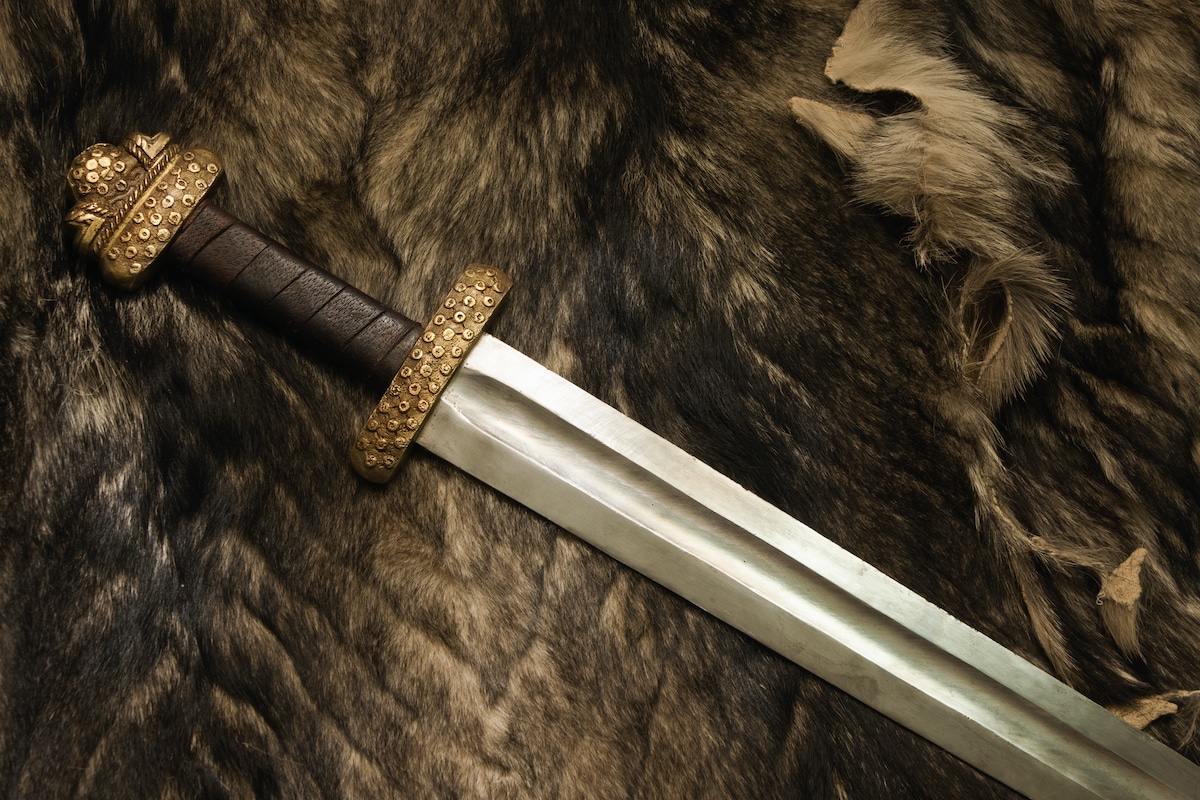 Norse & Viking Swords
Norse & Viking Swords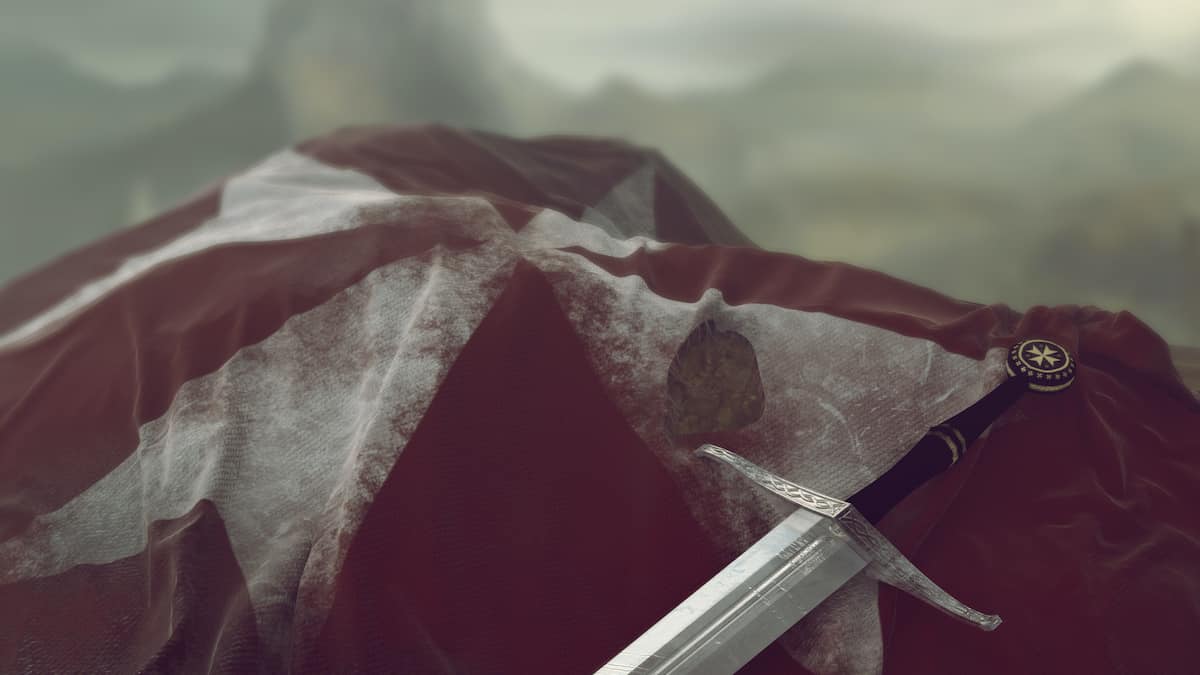 Templar Swords
Templar Swords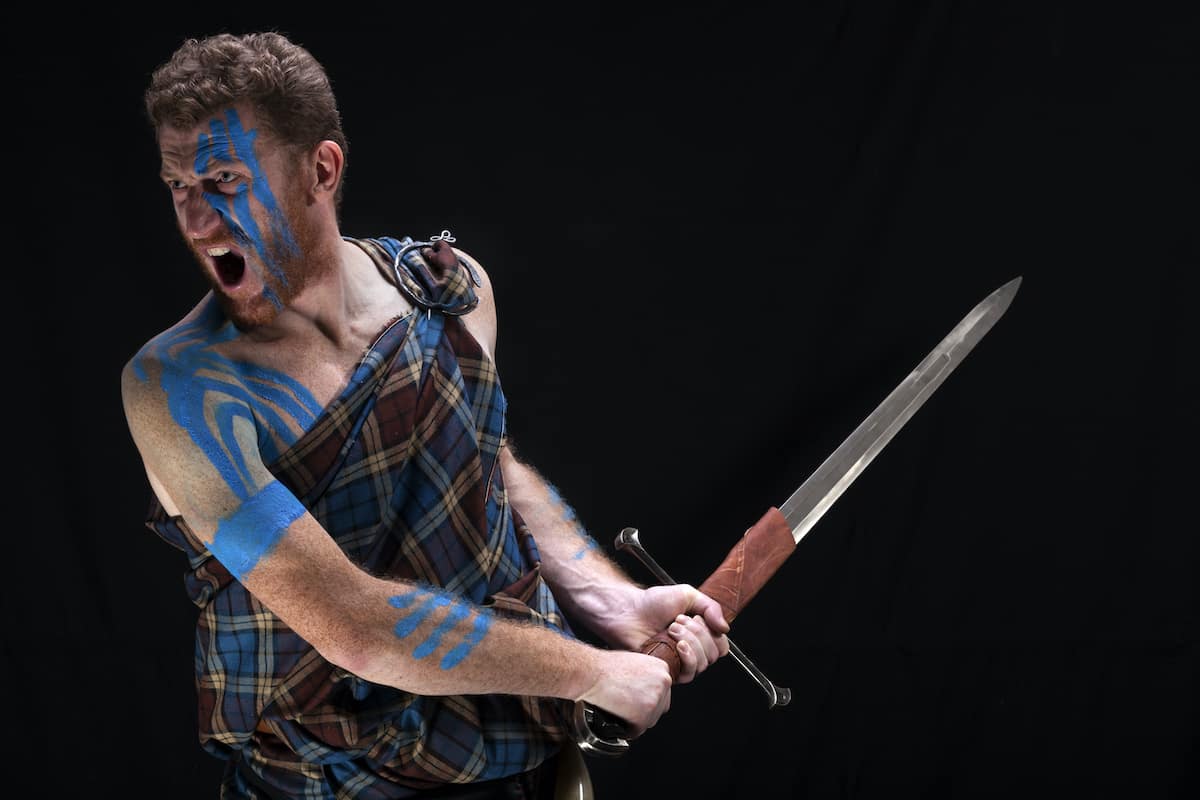 Claymore Swords
Claymore Swords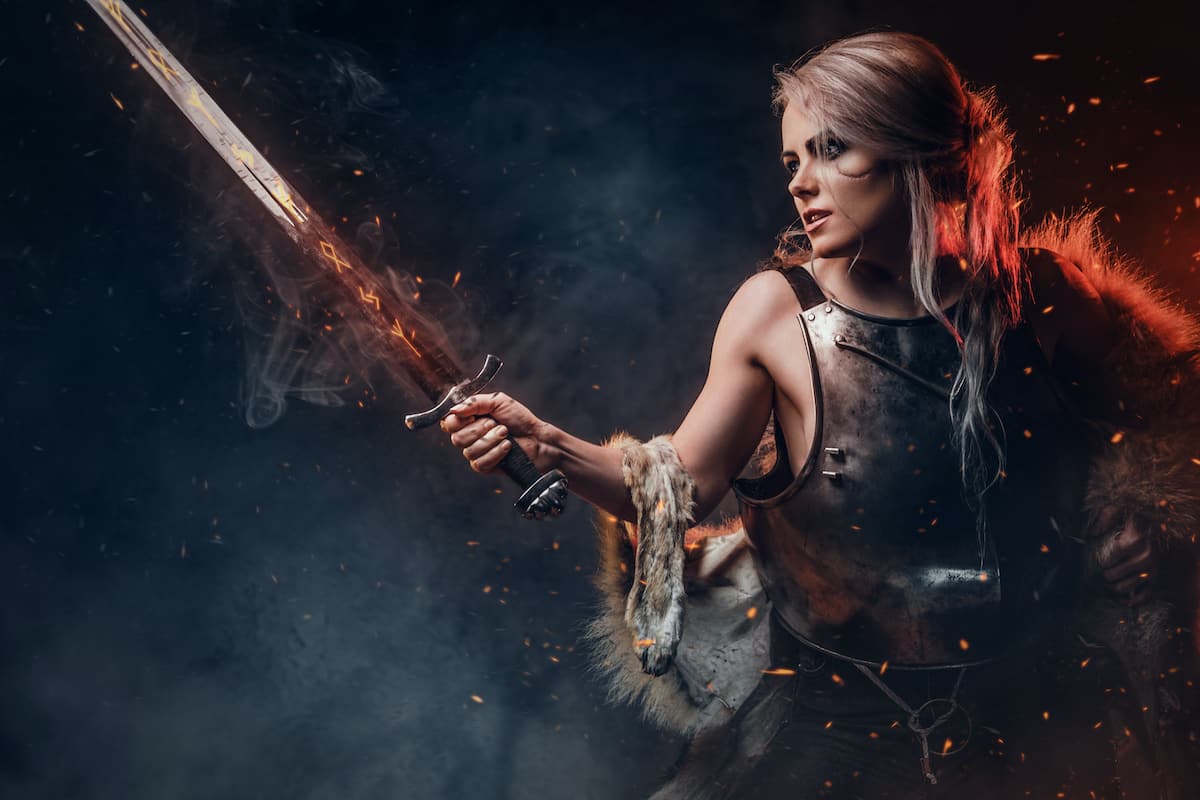 Fantasy Swords
Fantasy Swords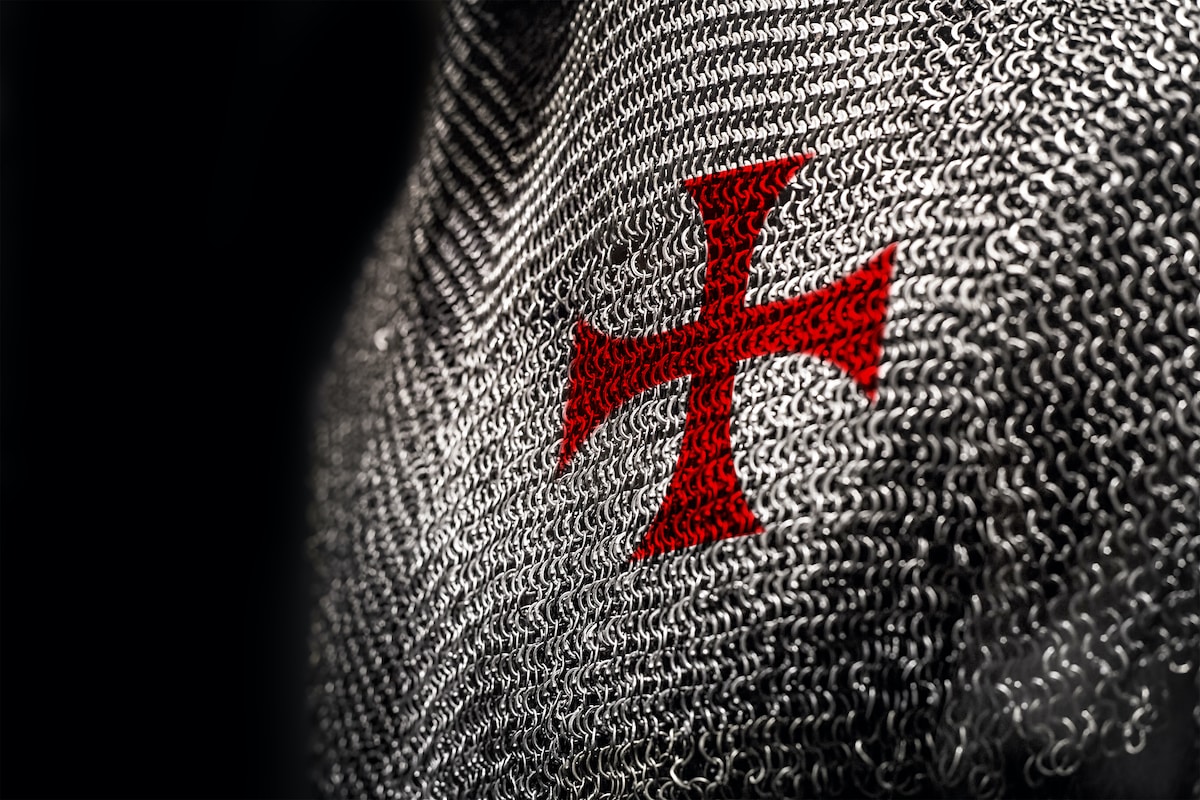 Chainmail
Chainmail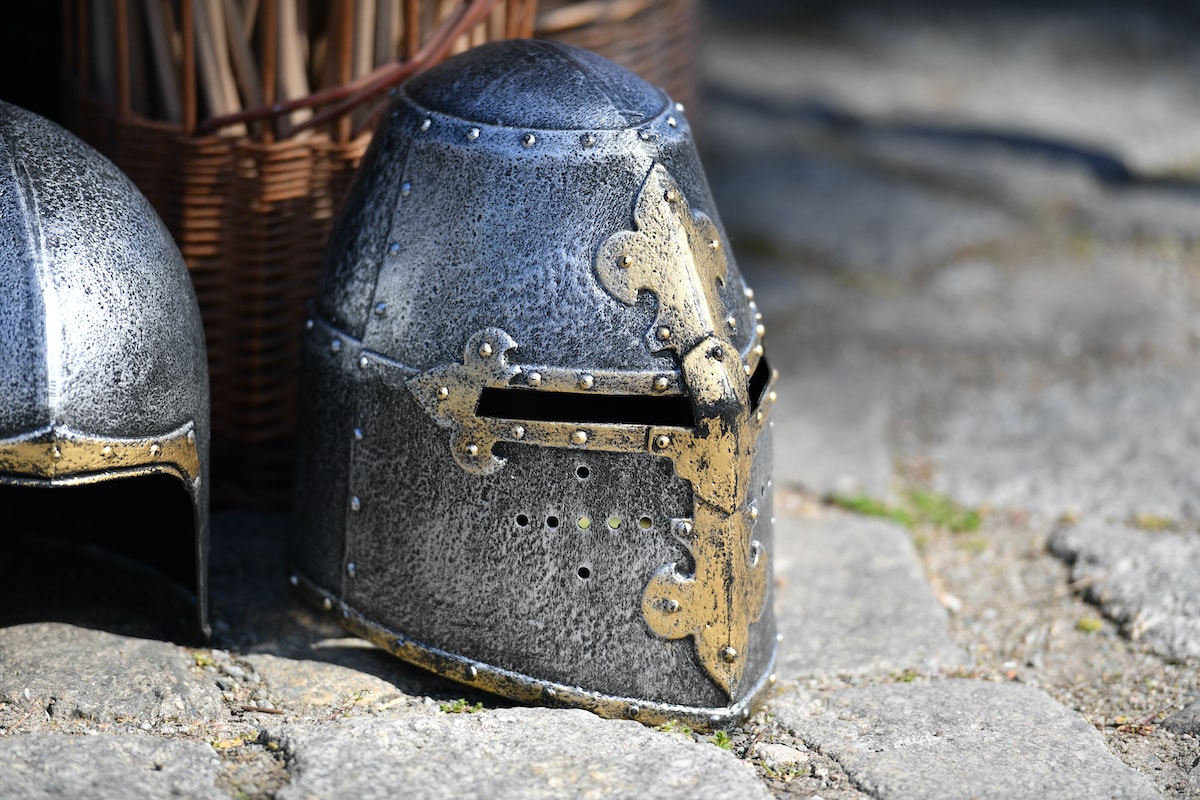 Helmets
Helmets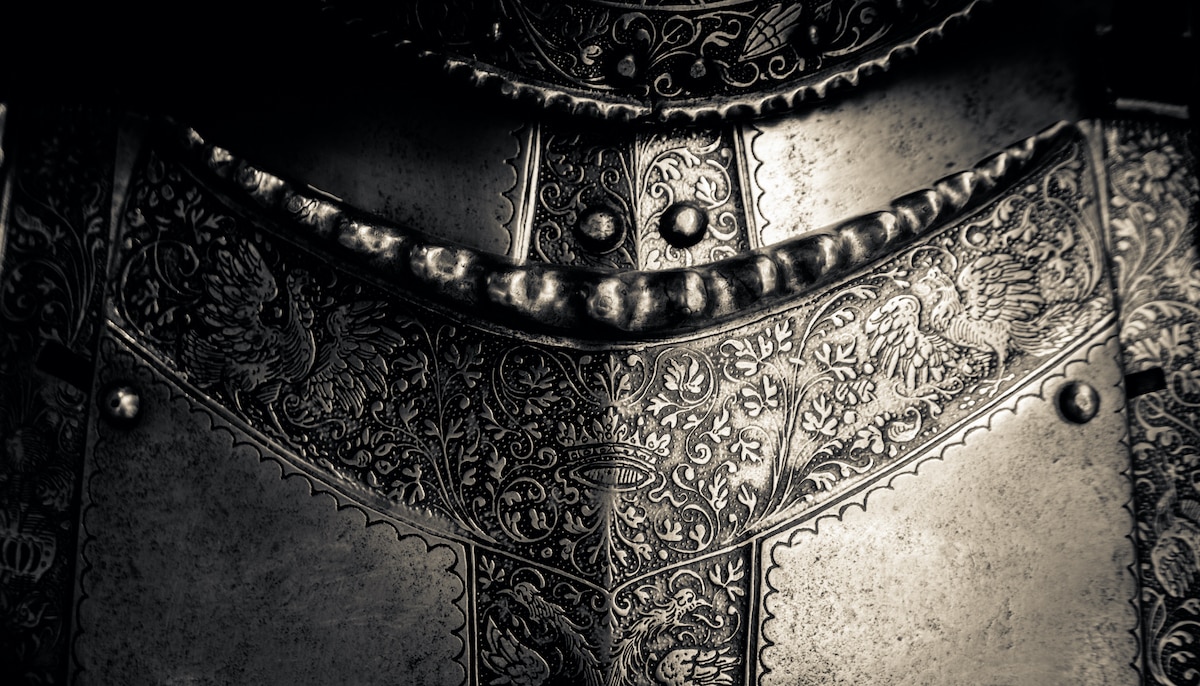 Torso Armor
Torso Armor Bracers and Arm Protection
Bracers and Arm Protection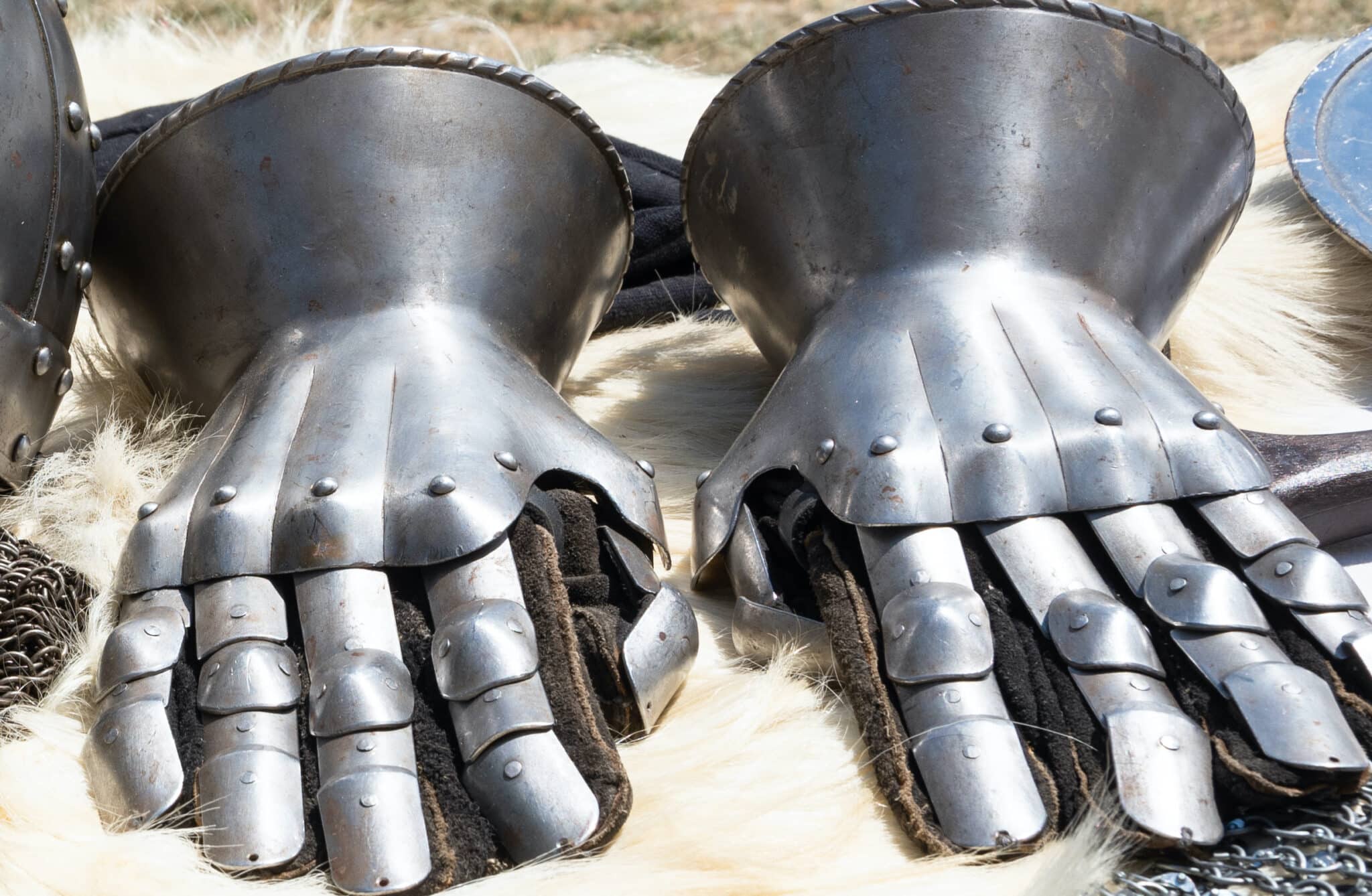 Gauntlets
Gauntlets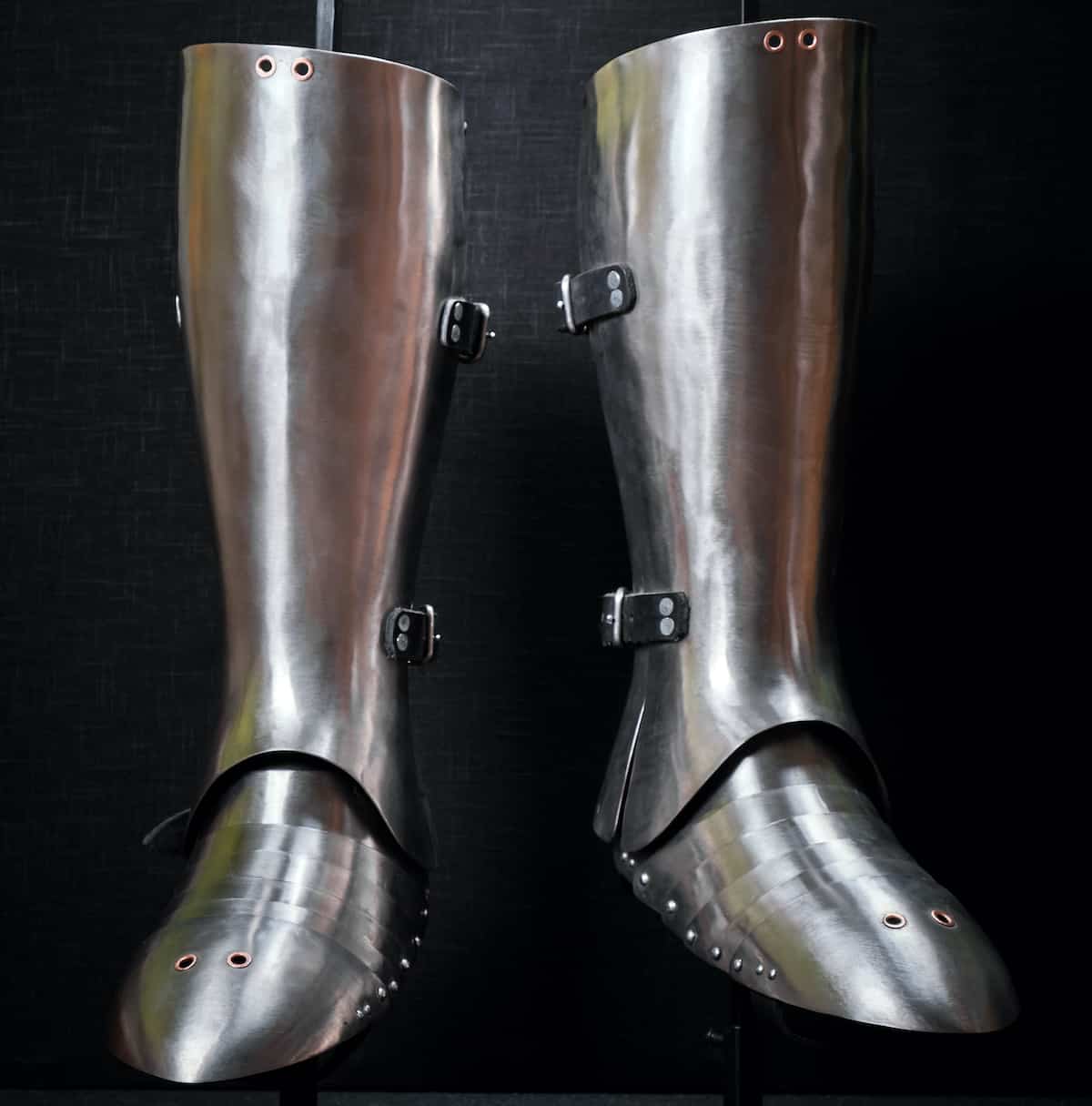 Leg Armor
Leg Armor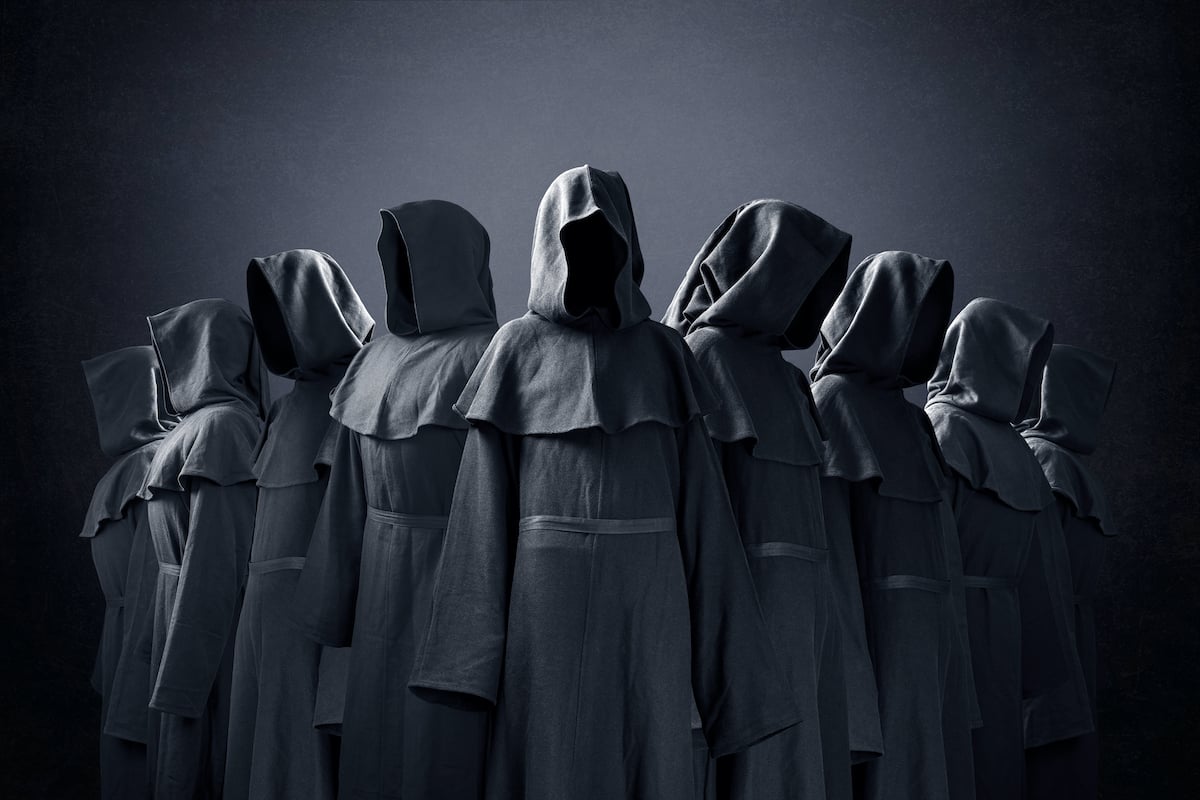 Cloaks
Cloaks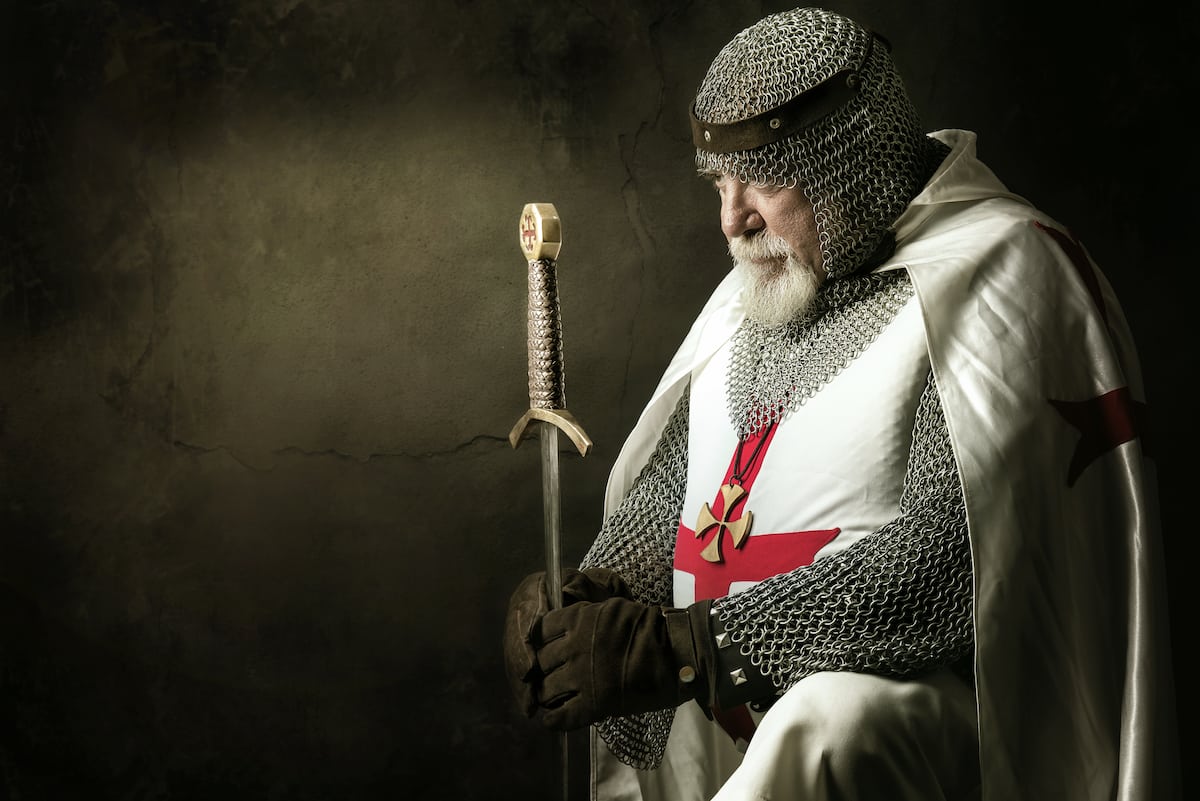 Tabards
Tabards Shirts
Shirts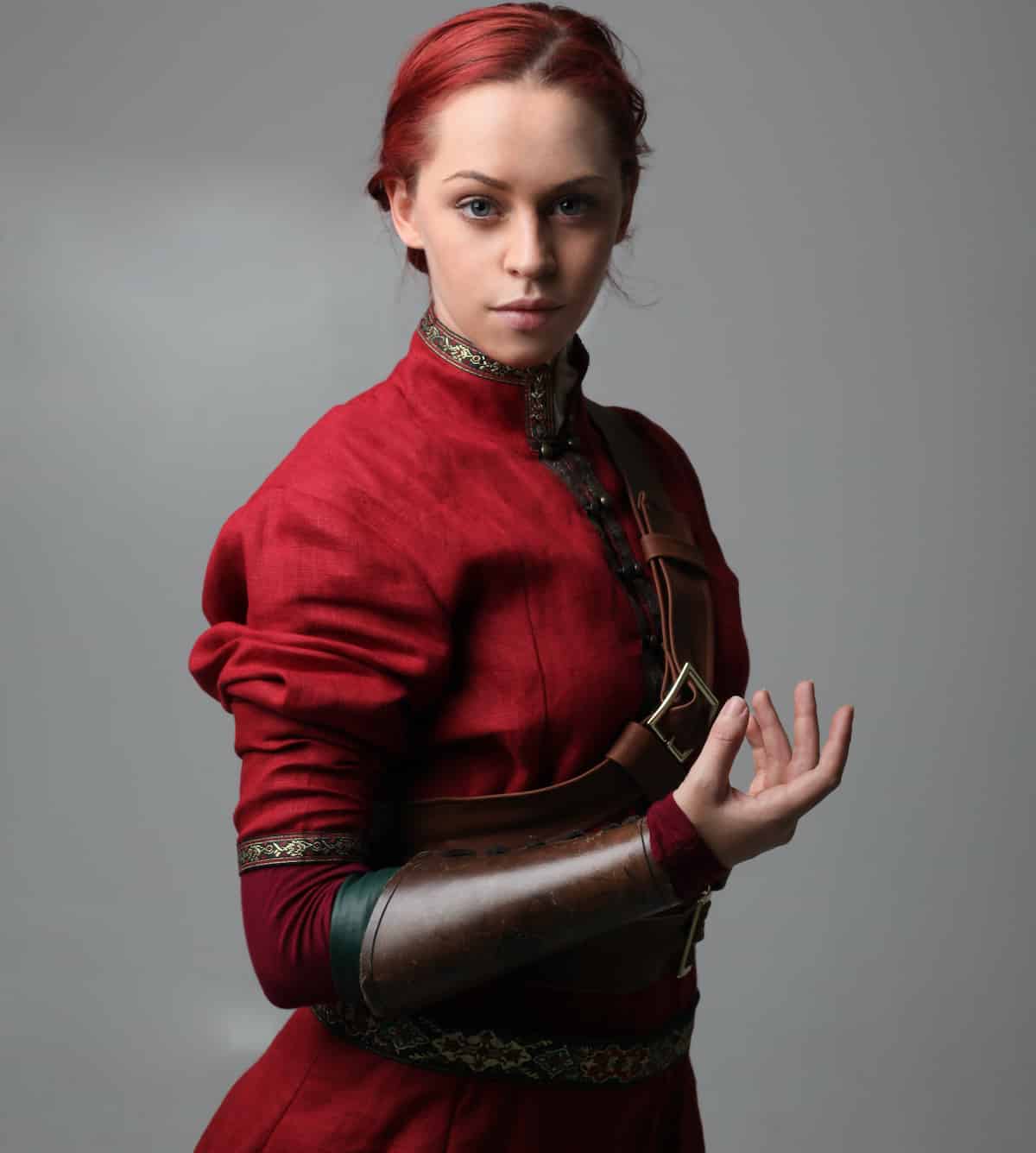 Tunics
Tunics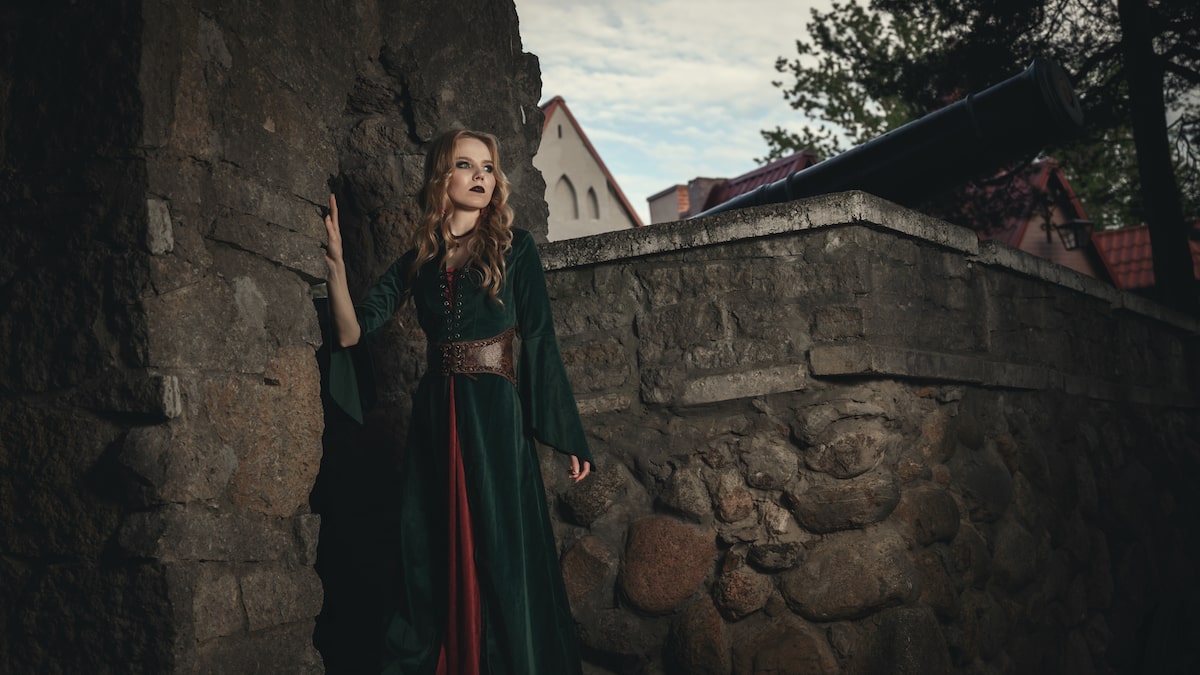 Dresses
Dresses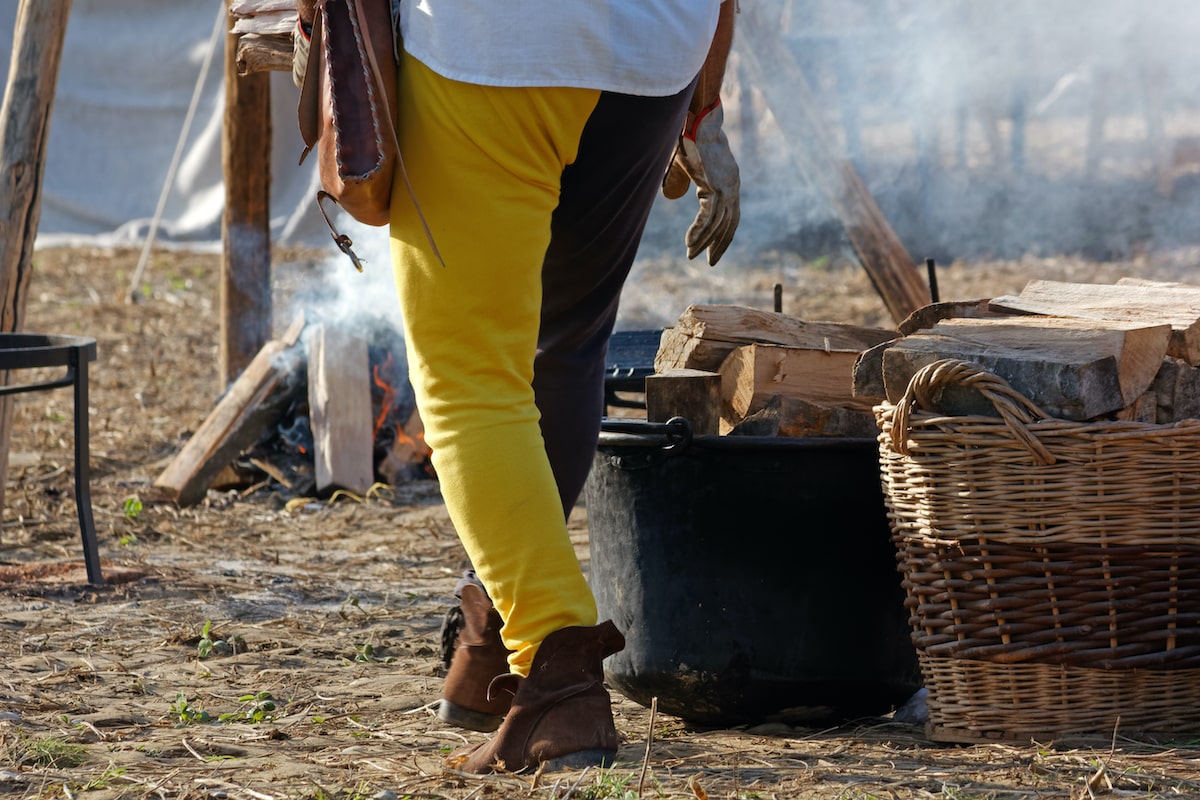 Pants
Pants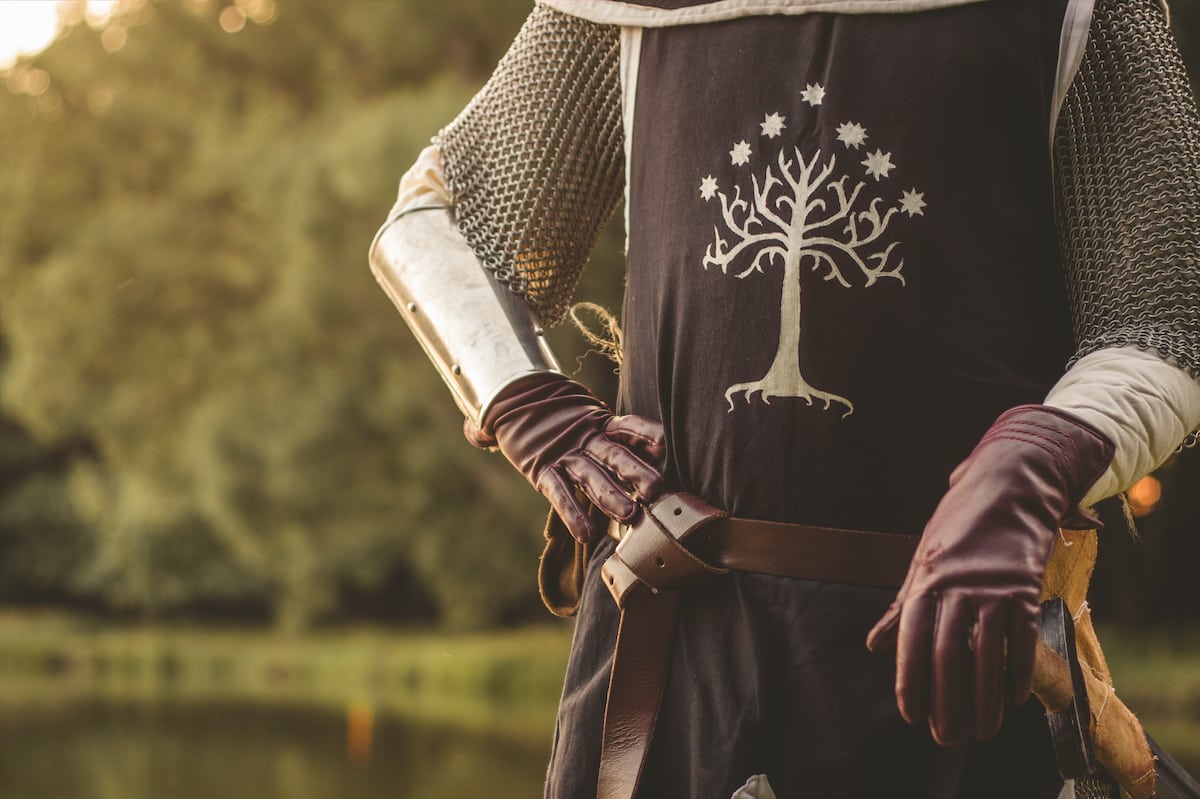 Gloves
Gloves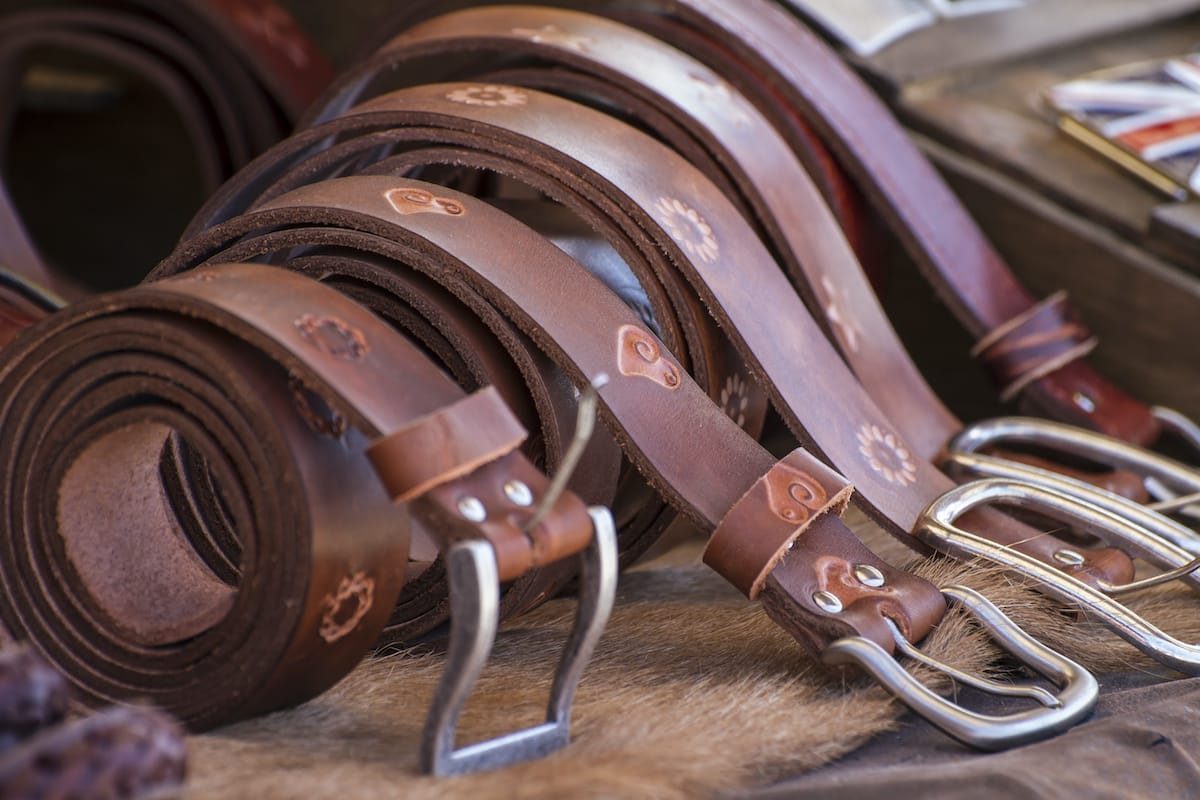 Belts
Belts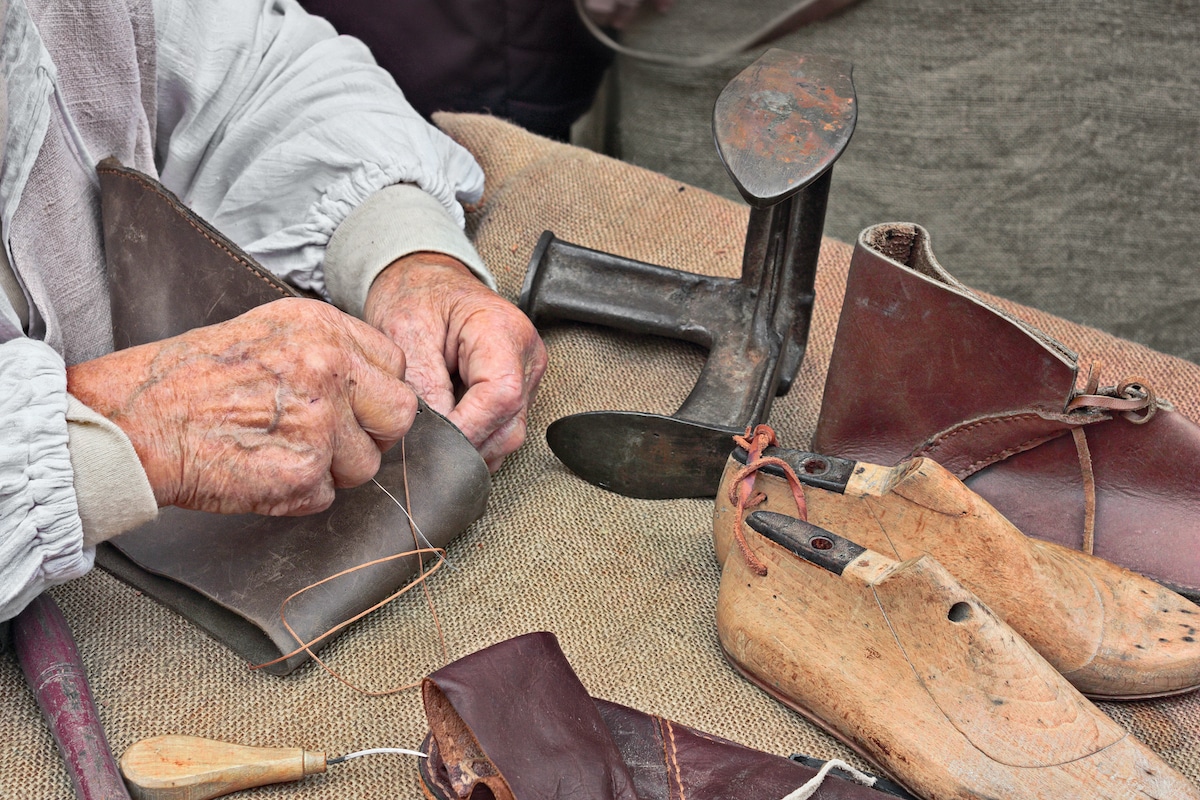 Shoes
Shoes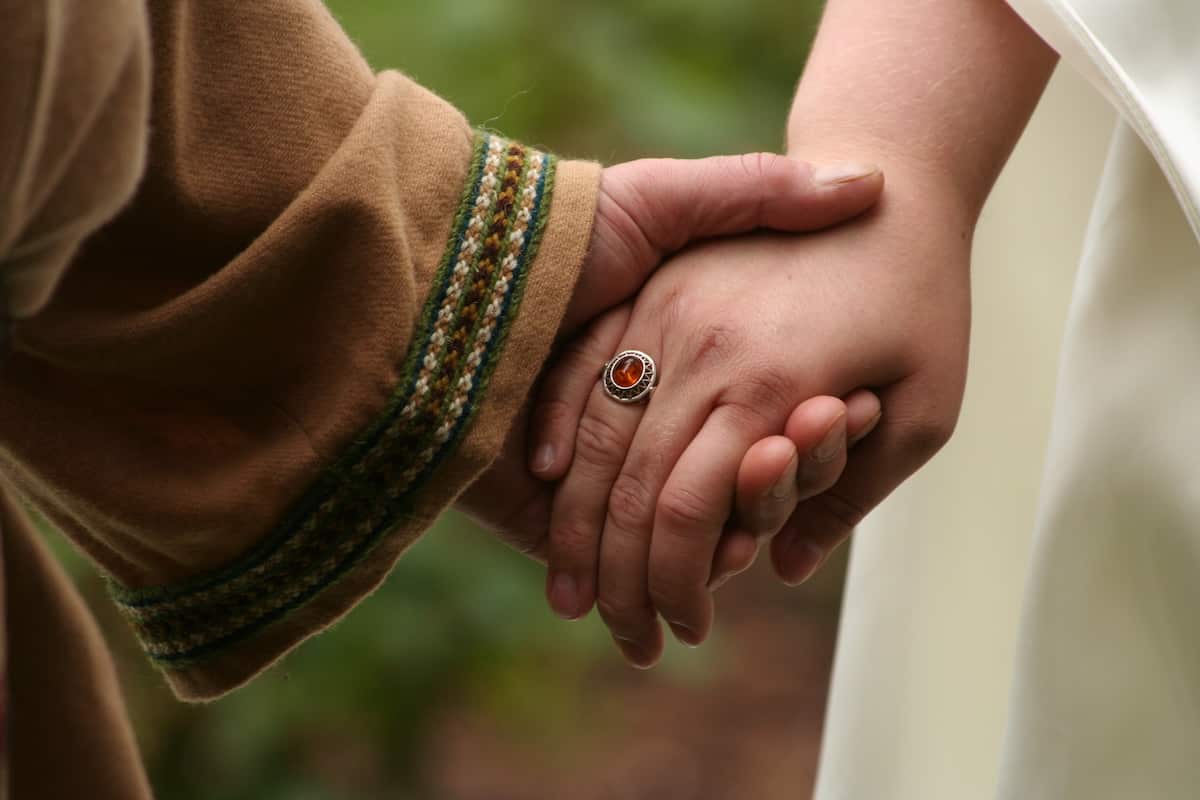 Rings
Rings Necklaces & Pendants
Necklaces & Pendants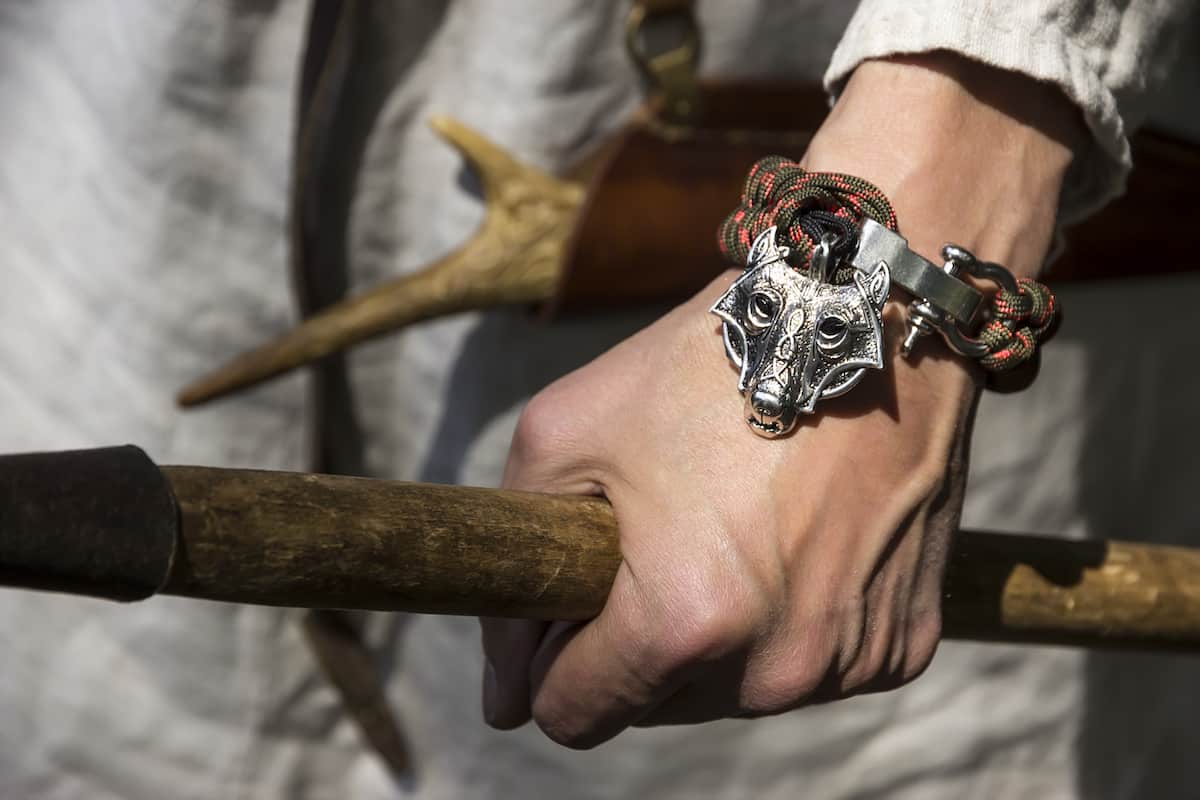 Bracelets
Bracelets










































